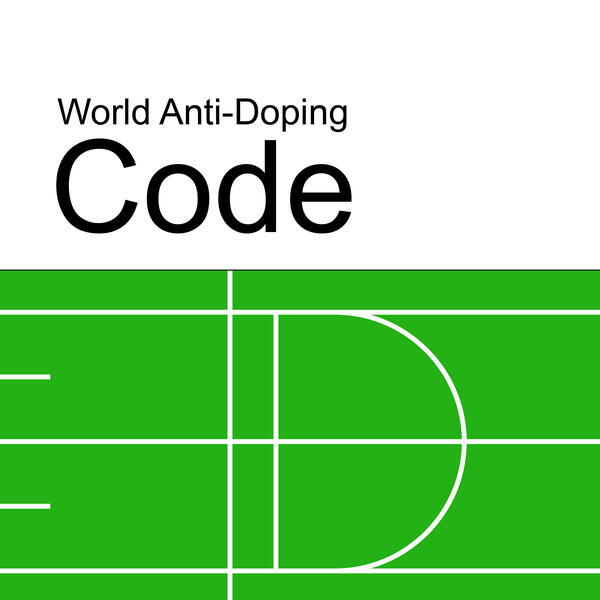Releases
WADA calls on US Senate to consider widely held concerns about Rodchenkov Act

The World Anti-Doping Agency (WADA) notes the decision by the United States Senate Committee on Commerce, Science and Transportation to approve the Rodchenkov Anti-Doping Act of 2019 for referral to and consideration by the US Senate.
WADA will continue to work with US authorities to provide information as needed and to explain some important reservations that a number of other Governments, sports organizations and Anti-Doping Organizations (ADOs) share about the bill as it is currently drafted. To that end, WADA has repeatedly reached out to the Chair of the Committee to arrange such a meeting but, to date, no response has been received from his office.
WADA supports Governments using their legislative powers to protect clean athletes in the fight against doping and the Rodchenkov Act is no exception. Specifically, WADA considers positive the proposed measures outlined in the bill to assist anti-doping by facilitating the sharing of information between US law enforcement entities and the United States Anti-Doping Agency and by providing protection to whistleblowers.
However, some other very important elements of the bill will, if approved with no changes, have unintended consequences that have the potential to disrupt the globally recognized legal anti-doping framework and to undermine WADA’s capacity to fulfill its mission as the global anti-doping regulator. WADA and many other organizations around the world, including the Council of Europe and the International Olympic Committee, have a concern around the issue of extra-territoriality in the bill.
WADA President Witold Bańka said: “WADA calls on the US Senate to consider widely held and legitimate concerns about the Rodchenkov Act. The bill in its current form could lead to overlapping laws in different jurisdictions that would compromise having a single set of rules for all athletes, all sports and all anti-doping organizations that are subject to the World Anti-Doping Code. This harmonization of rules is at the very core of the global anti-doping program.
“A second unintended consequence is rather than assisting WADA and law enforcement engage whistleblowers as the legislation intends, the bill will actually impede the capacity to use whistleblowers by exposing them to multiple jurisdictions and preventing ‘substantial assistance’ deals. This will thus greatly compromise WADA’s and other ADOs’ investigation capacity.
“A third unintended consequence could be the emergence of other extra-territorial jurisdictions worldwide and their misuse for purposes other than anti-doping, for example to discriminate against athletes of specific nationalities. This would likely lead to retaliation by stakeholders concerned and set off a chain reaction, which would be detrimental to anti-doping and athletes from all countries, including the US.”
WADA wishes also to understand, if, as claimed by its promoters, the stated aim of the legislation is to protect athletes, why it excludes vast areas of US sport, in particular the professional leagues and all college sport.

